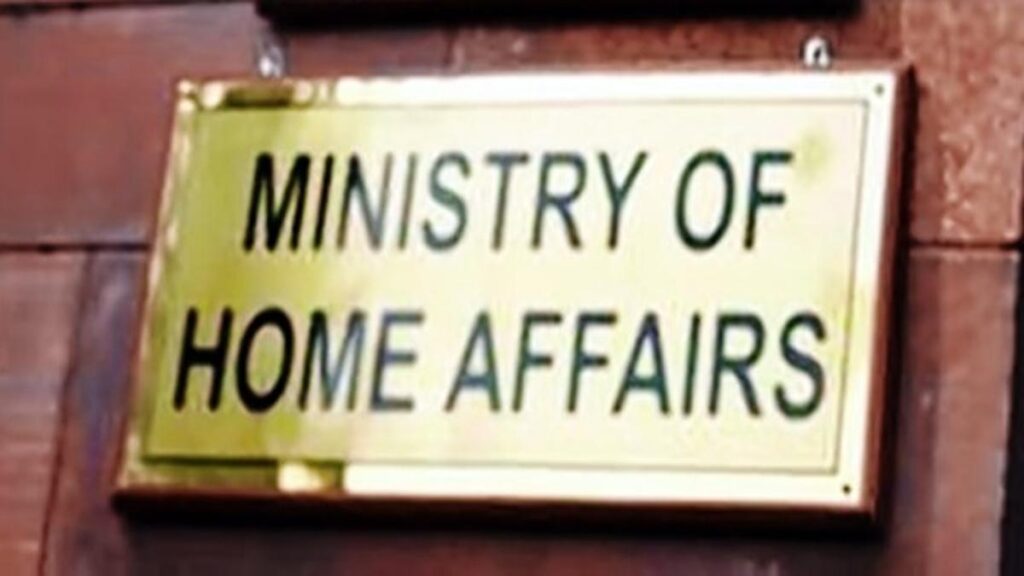More than a year after the Citizenship (Amendment) Act, 2019 became effective, the Union Ministry of Home Affairs (MHA) has refused to share data on the total number of beneficiaries under the Act.
A Bharatiya Janata Party MP from West Bengal told The Hindu that fewer than 100 people in his constituency had received citizenship under the CAA even though the number of intended beneficiaries, mostly belonging to the Matua sect, were around 1 lakh. There are around 2.8 crore people from the Matua and Namasudra communities who stand to benefit from the CAA in the State.
The CAA Rules were notified on March 11, 2024 to give citizenship to undocumented members of Hindu, Sikh, Parsi, Jain, Buddhist and Christian communities from Pakistan, Afghanistan and Bangladesh under the Act that was passed in 2019.
Ranaghat MP Jagannath Sarkar told The Hindu that the requirement to submit any one document, which will help trace an applicant’s roots to Bangladesh, should be dropped and the cut-off date for applying under CAA should be amended too. The existing cut-off date is December 31, 2014.

“Most people do not have any of the documents sought by the MHA to fulfil citizenship criteria. These people came to India to escape persecution, with barely any belongings. How will they provide documents?” Mr. Sarkar said.
Following reports from West Bengal, Schedule 1A of the CAA Rules was tweaked on July 8, 2024, and the list of nine documents to prove that the applicant is a national of Afghanistan or Bangladesh or Pakistan was expanded to include any document issued by the State or the Centre or quasi-judicial authority in India identifying or representing the applicant or their parents or grandparents or great-grandparents as a national of these three countries .
Anticipating non-cooperation in Opposition-ruled States, the CAA Rules entrusted Central government officials posted in States, including officials of Directorate of Census, Postal Department, Railways, National Informatics Centre (NIC) and Intelligence Bureau, to process the applications.
On April 2, Minister of State for Home Nityanand Rai said in the Rajya Sabha that “thousands were granted citizenship”, while responding to Trinamool Congress member Sushmita Dev’s remarks that merely 350 people were granted citizenship under the CAA. The Minister did not specify the number.
The Act was mostly expected to benefit people in West Bengal and Assam as those who had arrived from Pakistan had entered legally and possessed one of the documents required to acquire citizenship. In West Bengal, most intended beneficiaries already have voter cards and other identity documents. One of the criteria to avail citizenship under the CAA is that the applicant has to declare that he or she is a foreigner.
The Pakistani applicants from the six non-Muslim communities would have been eligible under the Citizenship Act, 1955 also after living in India continuously for 12 years.

According to Hindu Singh, president, Seemant Lok Sangathan, a group that advocates for the rights of Pakistani minority migrants in India, of the around 8,500 people who applied under the CAA in Rajasthan, 7,250 were granted citizenship in the past one year.
On March 10, Assam’s Parliamentary Affairs Minister Chandra Mohan Patowary informed the Assembly that two applicants in Assam were granted citizenship under CAA. In Gujarat, at least 373 people had got citizenship via the CAA.
While discussing the legislation in Rajya Sabha on December 11, 2019, Union Home Minister Amit Shah said that “lakhs and crores” of people would benefit from the law. However, Director, Intelligence Bureau had deposed before a parliamentary committee in 2018 that around 31,000 people would be the immediate beneficiaries.
The MHA has refused to share information on how many people have either applied or had been granted citizenship. The Hindu filed a Right to Information Act (RTI) application in June 2024 and in September 2024, the MHA refused to provide the information.
An appeal was also filed with the Central Information Commission (CIC), which hears appeals from applicants who have issues with RTI responses from public authorities of the Union government. The CIC’s Chief Commissioner Heeralal Samariya heard The Hindu’s case on July 9. The RTI was limited to applications received on the indiancitizenshiponline.nic.in portal, which is run by the Home Ministry as the entire process is online.
The Home Ministry’s representative, Ram Dayal Meena, did not specifically dispute any of The Hindu’s arguments during the hearing, and when asked by the CIC if he wanted to speak, declined to make any oral submissions. A written response reiterated the MHA’s earlier refusals, which simply stated that the information was “not being maintained as desired by you”.
“Upon perusal of records and examining the facts of the case at hand, it is noted that the Appellant’s queries had been appropriately answered by the concerned PIO,” Mr. Samariya wrote in his order. “The reply is self- explanatory and information as permissible under the provisions of the RTI Act has been duly supplied to the Appellant.” The decision was arrived at the same day, and was uploaded at a later date.
Published – July 27, 2025 09:18 pm IST


